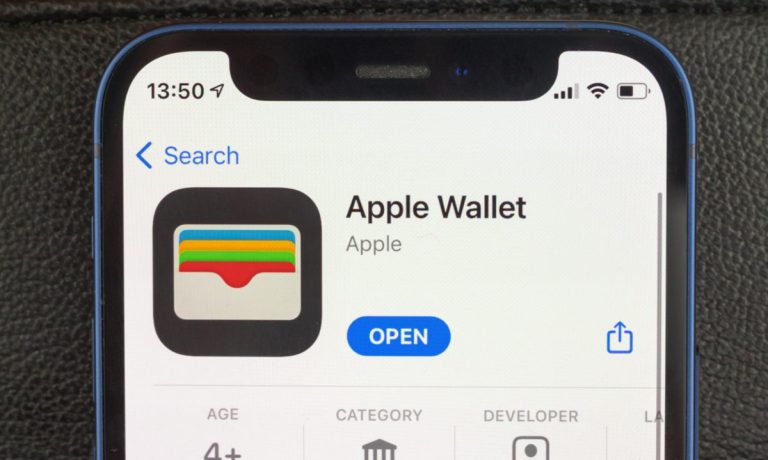Apple’s Digital ID Launch Depends on States Picking up Tab

Apple is requiring participating states to help it launch a program in which individuals can store their driver’s license or state identification in their Apple Wallet, CNBC reported.
The report is based on copies of contracts signed by four states and obtained by CNBC. Based on these, Apple will have sole discretion over device compatibility, the launch date of the service, and states’ marketing campaigns, as well as their reports on the initiative’s performance, according to CNBC.
For their part, the states will be required by the contracts to allocate resources to support the launch of the program, promote the service to citizens as well as members of the federal and state governments, and assume accountability for the verification results, the report stated.
“The end result is that states bear the burden of maintaining technology systems at taxpayer expense, a move that ultimately benefits Apple and its shareholders by making its devices even more essential than they already are,” the report stated.
The contracts obtained by CNBC have been signed by Arizona, Georgia, Kentucky and Oklahoma, according to the report.
Apple announced Sept. 1 that those states, together with Connecticut, Iowa, Maryland and Utah, would be the first eight states in which residents will be able to add their driver’s license or state ID to their Apple Wallet on their iPhones and their Apple Watches.
Read more: Eight States to Debut Apple Wallet Drivers’ Licenses and State IDs
The Transportation Security Administration (TSA) will also enable select airport security checkpoints and lanes in participating airports as the first locations for the Apple Wallet-based licenses or IDs.
“The addition of driver’s licenses and state IDs to Apple Wallet is an important step in our vision of replacing the physical wallet with a secure and easy-to-use mobile wallet,” said Apple Vice President of Apple Pay and Apple Wallet Jennifer Bailey at the time.
Eighty percent of businesses across industries have increased their focus on identity security since the shift to remote work in 2020. Their concerns and those of employees were well-founded as 77% of organizations reported an increase in the level of identity fraud since the pandemic began.
See more: How Remote Work Is Fueling Multifactor Authentication Adoption

